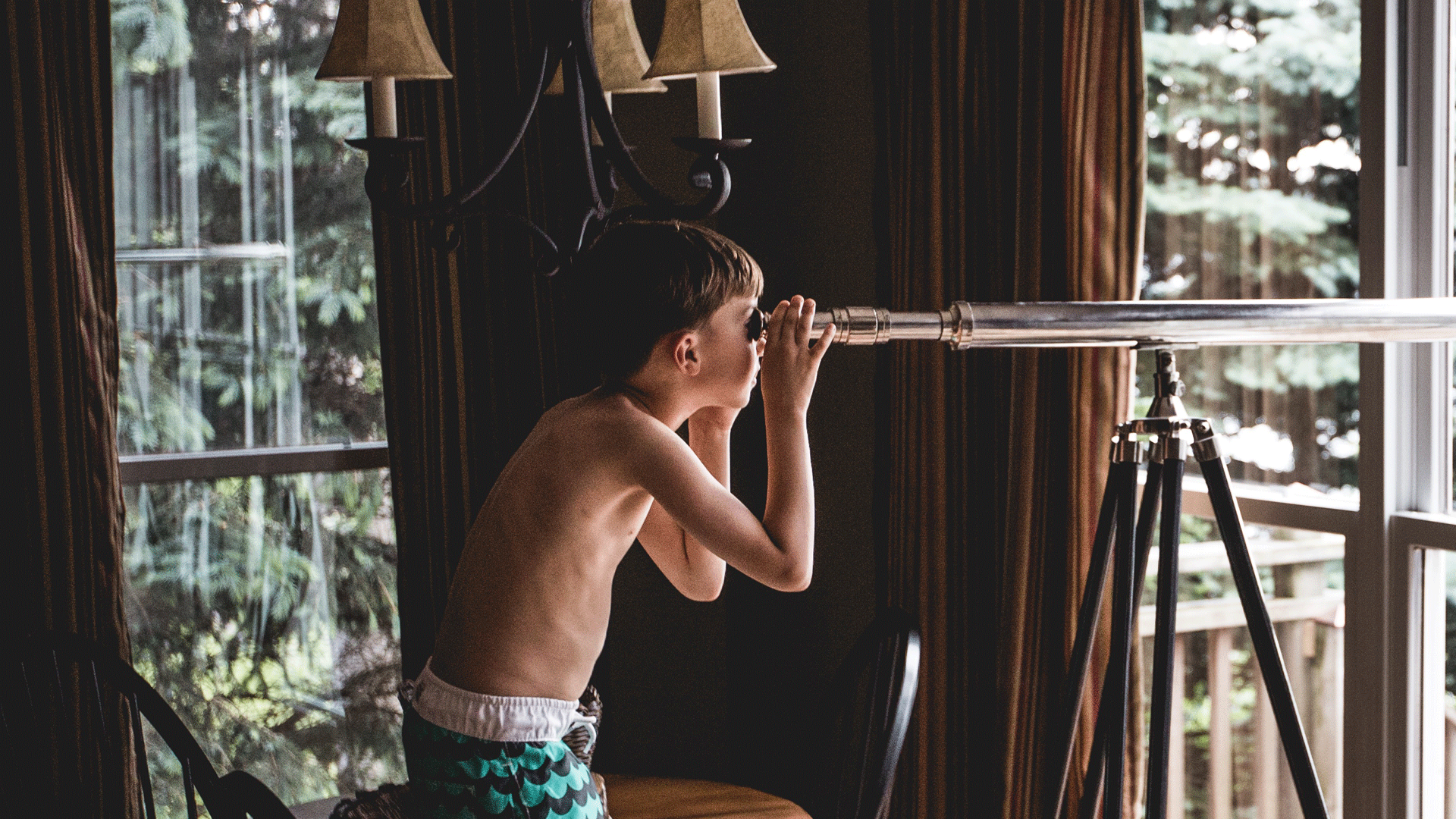
13 Mar Unique Extracurricular Activities + Their Benefits
Extracurricular activities can build new skills, forge friendships and minimise screen time. We spoke to 4 different experts about the benefits of some extracurricular activities that you may not have even thought of.
Baby & Toddler
According to Kelly Ainsley, master franchisee of Baby Sensory South Australia (babysensory.com.au), research shows that play in the first three years of life lays down neural pathways that provide the foundation for even more learning in the years to come. Baby Sensory runs multi-sensory classes for babies from birth to 13 months around Australia that incorporate everything from massage, smell and music to sounds, sights and textures. The program was developed by UK parenting expert Dr Lin Day to fit with a baby’s stage of development.
“Structured activities can help babies and children with socialisation skills, help them gain confidence and encourage brain development. They can also provide an opportunity to let off steam, get rid of excess energy and give them a sense of belonging in the community. With the security of the parent in attendance, it really gives kids an amazing way to test external boundaries, practise listening skills and cooperation, and gain awareness of the outside world. Our classes contain a wide variety of activities to stimulate all of baby’s senses and the session theme is different every single week.”
Kelly has toddler classes for children up to the age of four, facebook.com/toddlersensesouthaustralia
Sports & Fitness
Tammy Ceppi is a former teacher who has brought Playball (playball.com.au), a sport-based school readiness program for two- to eight-year-olds, to Australia. She says learning to be sporty or developing a love of sport is not the priority of the program. Rather, sport becomes the base on which academic learning can be built.
“Look at all the skills that are needed when playing with a ball,” said Tammy. “It involves a combination of body balance, eye-hand coordination, interaction with peers, concentration, an ability to wait, watch and listen and also organisational skills to make sure that you’re in the right position to catch the ball when it arrives. Many children think that playing with a ball is just great fun and so they are never conscious of the movement and cognitive skills that they’re developing as they play. There is a very strong connection between the ability to concentrate in school, sit straight at a desk and follow written words on a page with catching, throwing, kicking and hitting a ball,” Tammy said.
According to Tammy, the British Journal of Sports Medicine recently made a link between brain function and physical activity in young children, and many other studies have found that primary school kids who are fit and active are more likely to do well in reading and maths at school.
Playball is a great way for a child to start learning about directional and spatial awareness, she said.
“Eventually, these skills help a child learn how to write. Forming certain letters – up, down, around – positioning them close to the next letter or separate from the end of the last word, is all about space, distance and direction. To write properly, a child needs stability at the shoulder before he or she is able to develop finger dexterity. Stability at the hip is also needed to stay in one place and children who find it difficult to sit still in class will also find it very hard to concentrate on what the teacher is saying.”
Performing Arts
Sergei Druzhina, Manager of Little Devils Circus in Victoria, (littledevilscircus.com.au), says that behind the colourful façade of circus, there are real hidden skills that kids learn from the classes.
“Besides the obvious ones, such as coordination and motor skills, circus classes teach essential life skills – perseverance, resilience, concentration and interpersonal skills – often without the kids even realising it!
Circus skills have such wide appeal – there’s so much variety that there’s something for everyone.
Of course, the sporty kids love it, but where it really shines is for the kids who don’t particularly enjoy mainstream sports; circus is a unique blend of sport and art.”
Cooking & Crafts
Like most extracurricular activities, cooking and baking teach kids life lessons they might not otherwise learn at school.
“Baking is very hands-on,” said the owner of Cutie Pies Baking, Queensland, Tammy Sinclair.
“Whilst learning about food hygiene, kitchen safety and basic maths, the kids are being inspired and are developing personal characteristics. Surprisingly, most children have not had the opportunity to bake or cook at home, or if they have, it’s not been something that they’ve made from scratch. They haven’t had the freedom to do most of the tasks on their own. I’ve noticed that the kids who come to the classes get very excited about being independent, they love sifting, mixing and rolling the dough on their own.”
The Choosing Checklist
- Age-appropriate? Now or better when they’re older?
- Confidence-builder? What will this do for their confidence?
- End-game? What will my child get from participating?
- Expense? Can I afford it?
- Family impact? What sacrifices will have to be made?
- School impact? Can they keep up with schoolwork, too?
- Skill-builder? Will it strengthen a weakness without lowering confidence?
- Stress-inducing? Will this add stress to my child, family or myself?
- Talent quest? Will it strengthen one of their talents?
- Whose choice? Is this what I want or what my child wants
There are warning signs to make sure your child is not overload with activities. Read more about them here.
According to the Australian Bureau of Statistics, almost two-thirds of Aussie kids aged five to 14 years participate in extracurricular activities – which explains the fabulous variety on offer!
Image by Teddy Kelley

